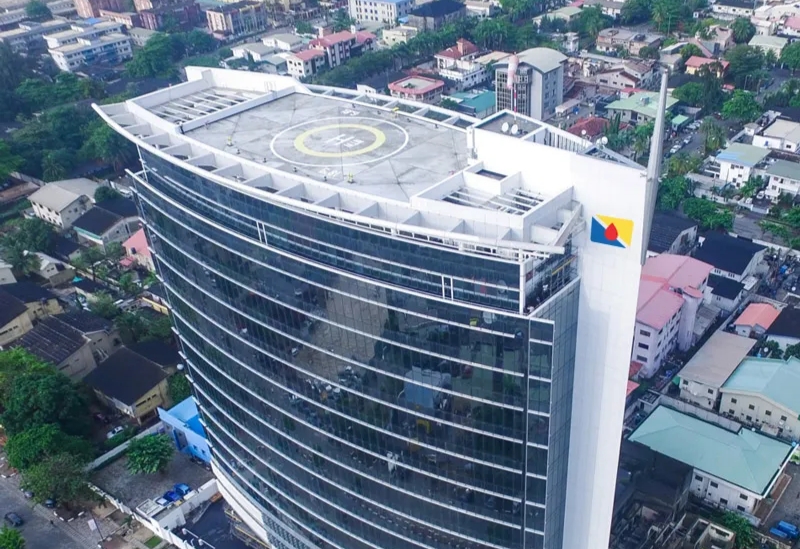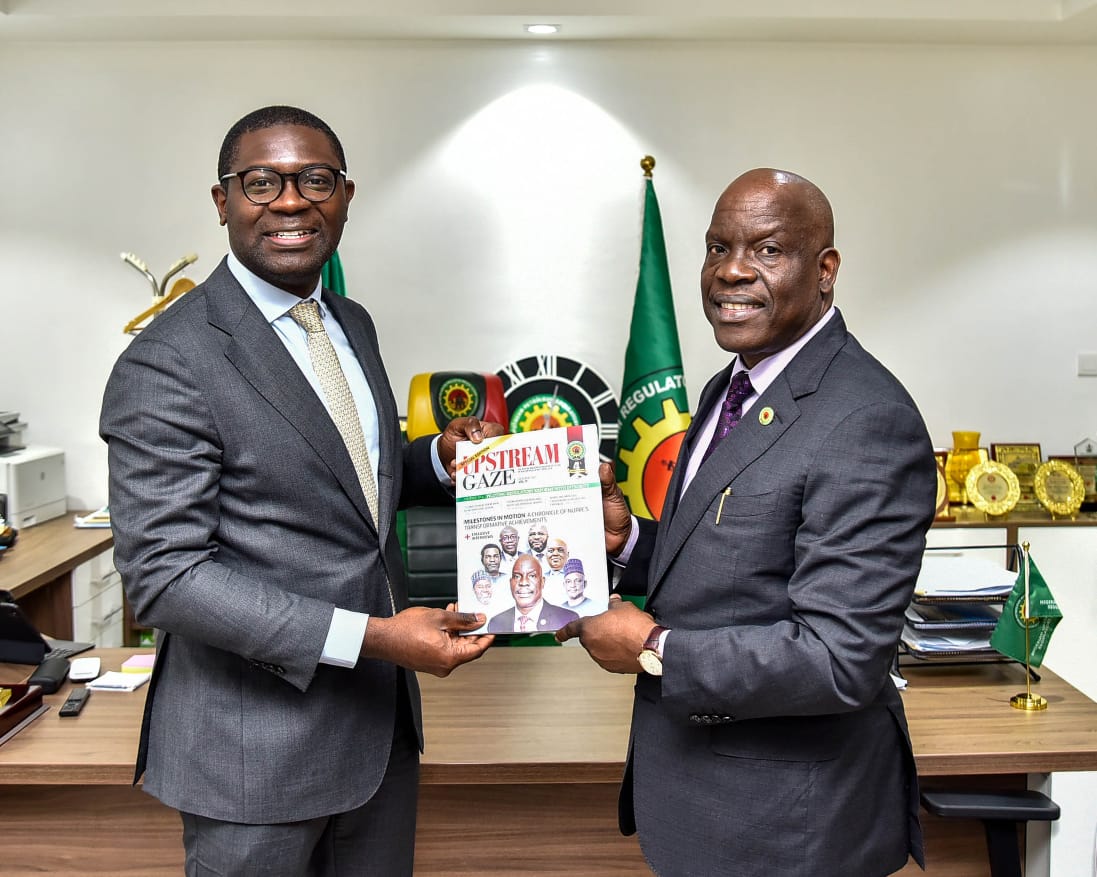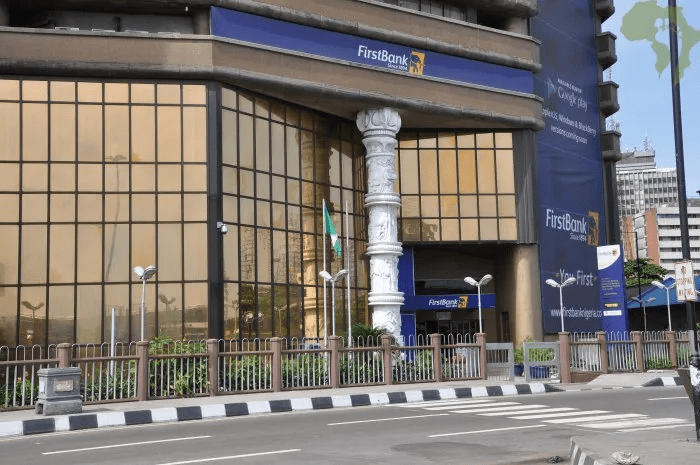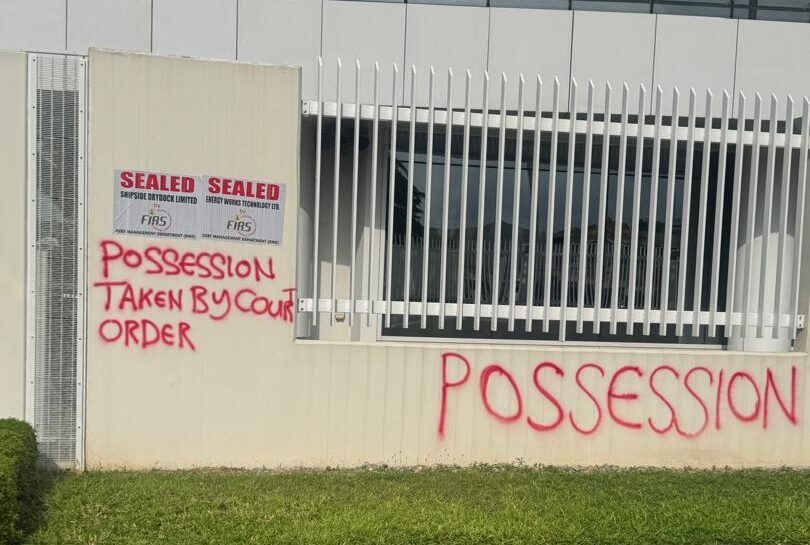Michael Olugbode in Abuja
The Federal Ministry of Environment, the Ministry of Solid Minerals Development, the Basel Convention Coordinating Centre for Africa, and the United Nations Industrial Development Organisation (UNIDO), have jointly launched the Project Steering Committee of the GEF-GOLD+ Initiative in Nigeria.
The project, “Enhancing Formalisation of Mercury-Free Gold in Nigeria,” marks a major milestone in the country’s commitment to eliminate mercury use in artisanal and small-scale gold mining, promote cleaner technologies, protect public health, and foster sustainable economic growth.
In her inaugural address, Mrs. Bahidja Abubakar (representing the Permanent Secretary, Alhaji Mahmood Adam Kambari) highlighted Nigeria’s dedication to the global fight against mercury pollution through the Minamata Convention.
She emphasised that Nigeria has already laid a strong foundation with its National Action Plan (NAP), and that the new GEF-GOLD+ Project builds upon this progress to fully eliminate mercury use in artisanal and small-scale gold mining (ASGM).
“It is with immense satisfaction and a profound sense of responsibility that I stand before you today to formally inaugurate the Project Steering Committee for the GEF-GOLD Plus Nigeria Project, Enhancing the Formalisation of Mercury-Free Gold in Nigeria.
“You will recall that Nigeria, as a signatory and party to the Minamata Convention on Mercury, has demonstrated its commitment by developing a National Action Plan for the reduction and eventual elimination of mercury use in artisanal and small-scale gold mining between 2017 and 2020.
“This initiative was undertaken to implement Article 7 of the Minamata Convention concerning the use of mercury in ASGM.”
She also highlighted the grave environmental and health threats posed by mercury pollution, noting that emissions from small-scale mining contribute significantly to global contamination.
“The issue of mercury pollution, particularly within the artisanal and small-scale gold mining sector, presents a significant and pressing challenge to our environment and the health and well-being of our citizens. It is noteworthy that mercury pollution from ASGM contributes approximately 37 percent of global mercury emissions,” she added.
Abubakar outlined the GEF-GOLD+ Project’s strategic approach, emphasising formalisation, access to finance, and the adoption of mercury-free technologies to transform Nigeria’s gold mining landscape.
“The GEF-GOLD Plus Nigeria Project is strategically designed to address this challenge comprehensively through a multi-faceted approach encompassing the promotion of formalisation, improved access to financial resources, and facilitation of the adoption of sustainable mercury-free technologies within the mining sector,” she said.
She further explained the role of the newly inaugurated Project Steering Committee (PSC) in providing leadership, technical guidance, and oversight throughout the project.
“The Project Steering Committee will bear the crucial responsibility of providing strategic guidance and actionable recommendations to effectively support the project’s overarching objectives. “Furthermore, the PSC will play a vital role in contributing to informed decision-making processes by offering expert advice, pertinent insights and diverse perspectives, while facilitating seamless communication and robust collaboration among all relevant stakeholders,” she said.
In closing, Abubakar called on all PSC members to dedicate themselves fully to the project’s goals.
“I earnestly urge all distinguished members of this PSC to approach this important task with unwavering dedication, utmost diligence, and a strong spirit of collaboration and mutual respect. “Your collective contributions will undoubtedly shape the future trajectory of gold mining in Nigeria and contribute significantly to a healthier, more sustainable and more prosperous environment for all.”
The Director and UNIDO Representative to Nigeria and ECOWAS, Amb. Philbert Johnson, reaffirmed UNIDO’s collaboration with the Nigerian government and partners to ensure successful implementation of mercury-free gold mining practices.
“UNIDO is committed to partner with the Federal Minister of Environment, the Minister of Solid Minerals Development, and the Basel Convention Coordinating Centre for Africa, in advancing the implementation of Nigeria’s National Action on Liquor, developed under the Minamata Convention. “This project marks a significant milestone in Nigeria’s ongoing efforts to promote a cleaner, safer, more sustainable, and more small-scale gold mining sector.”
He emphasised that the GEF-GOLD+ Project was a key step toward eliminating mercury use in artisanal and small-scale gold mining, addressing both environmental and health hazards caused by unsafe mining practices.
“The JF-GOO Plus Project, titled ‘Enhancing Formalisation of Mercury-Free Gold in Nigeria,’ represents a vital opportunity to address one of the most pressing environmental and public health challenges associated with the use of mercury in artisanal mining.
“The adoption of poor mining practices and the use of mercury in gold recovery processes has generated serious environmental contamination that could lead to liver and kidney diseases.”
The project’s multifaceted approach formalisation, financing, cleaner technologies, and traceable supply chains was also highlighted.
“By promoting formalisation, improving access to finance, introducing mercury-free technologies, and strengthening traceability in gold supply chains, this project will help protect human health, safeguard ecosystems, and foster inclusive economic growth. “As the Project Steering Committee is inaugurated today, UNIDO wishes to reaffirm its full support for the successful implementation of the project activities. We are confident that through collaborative effort, innovation, and shared commitment, Nigeria will make significant progress towards achieving a mercury-free artisanal gold mining sector.”





